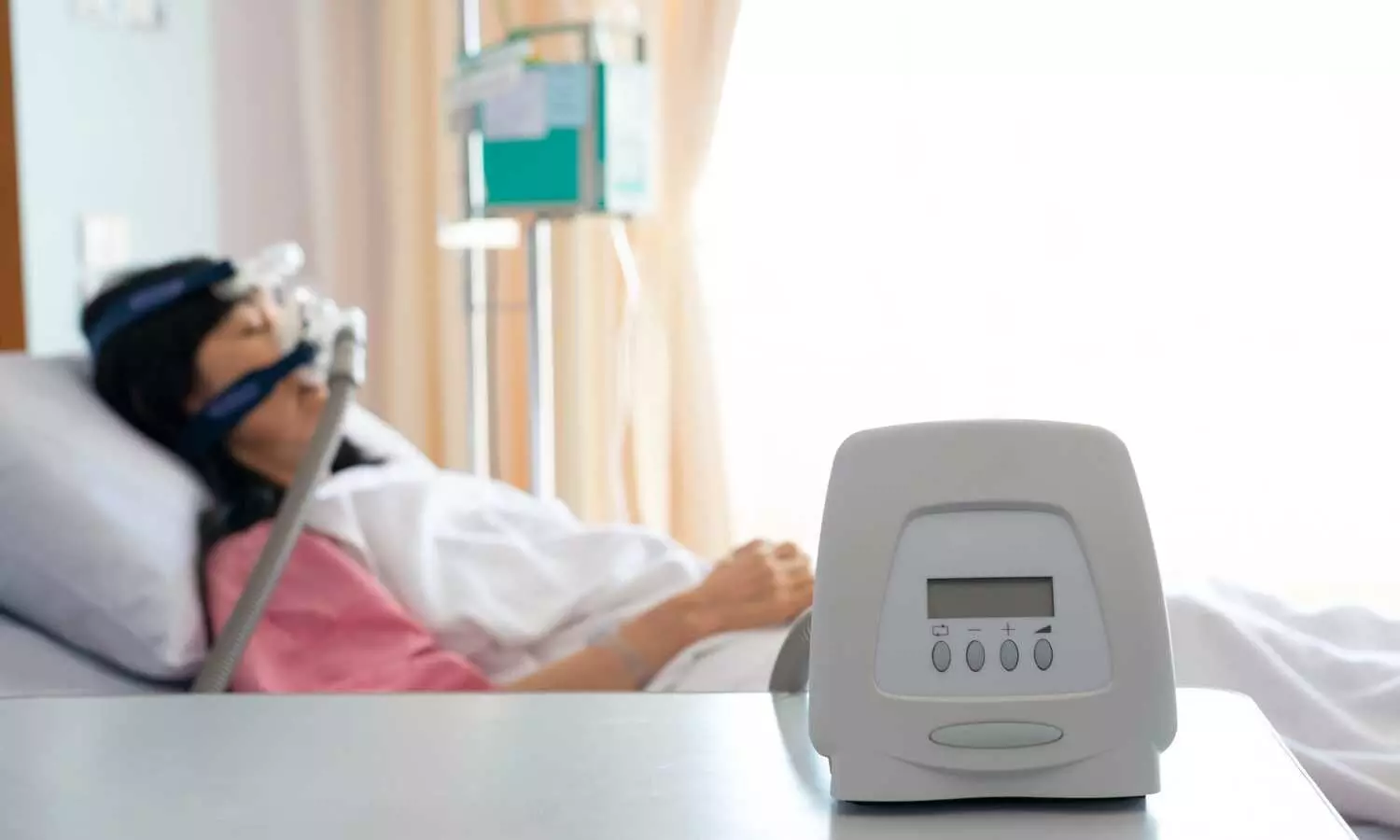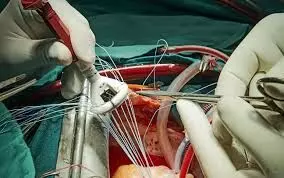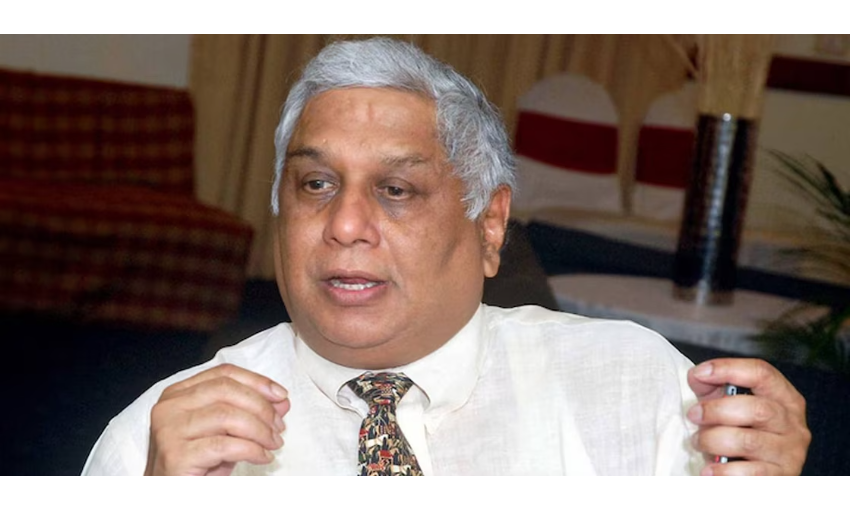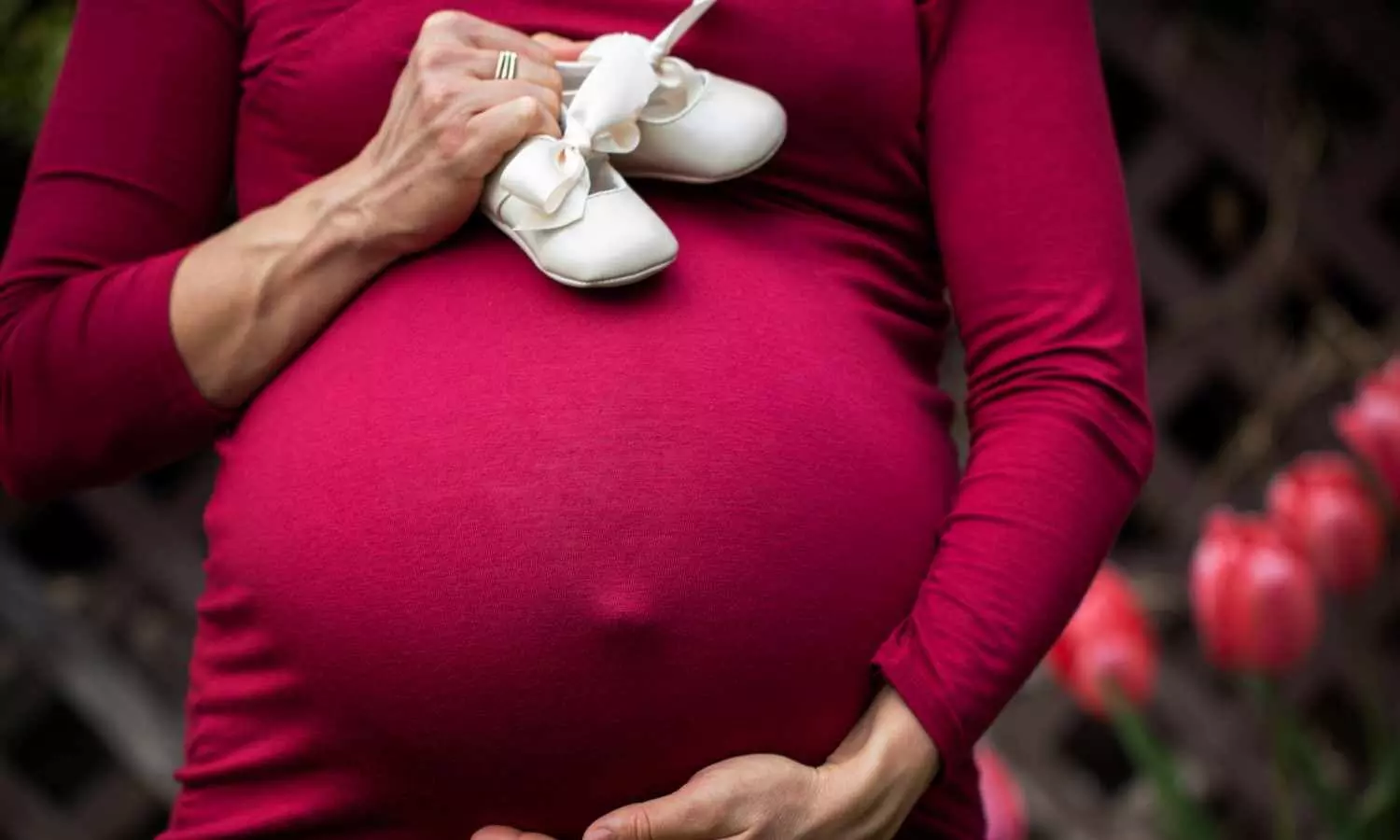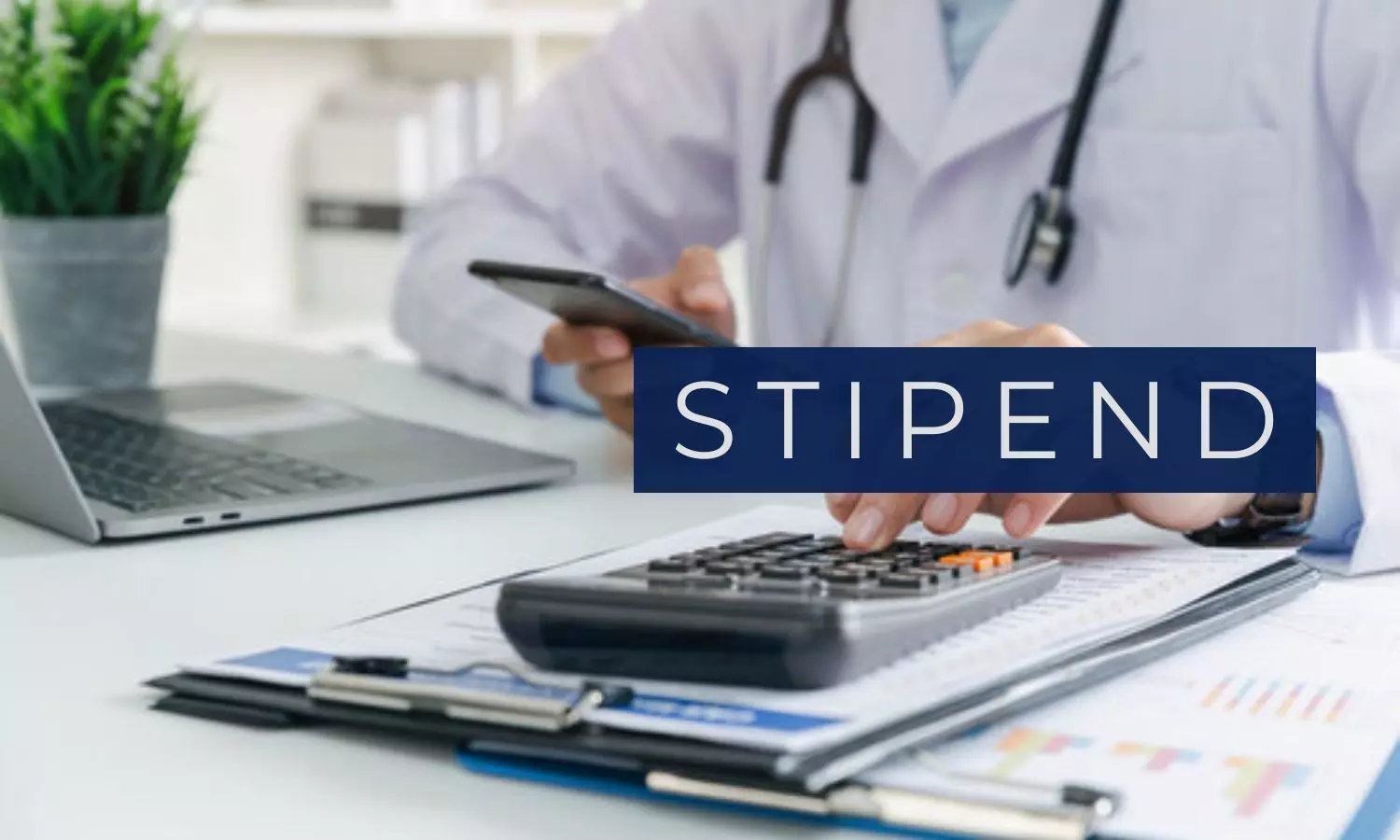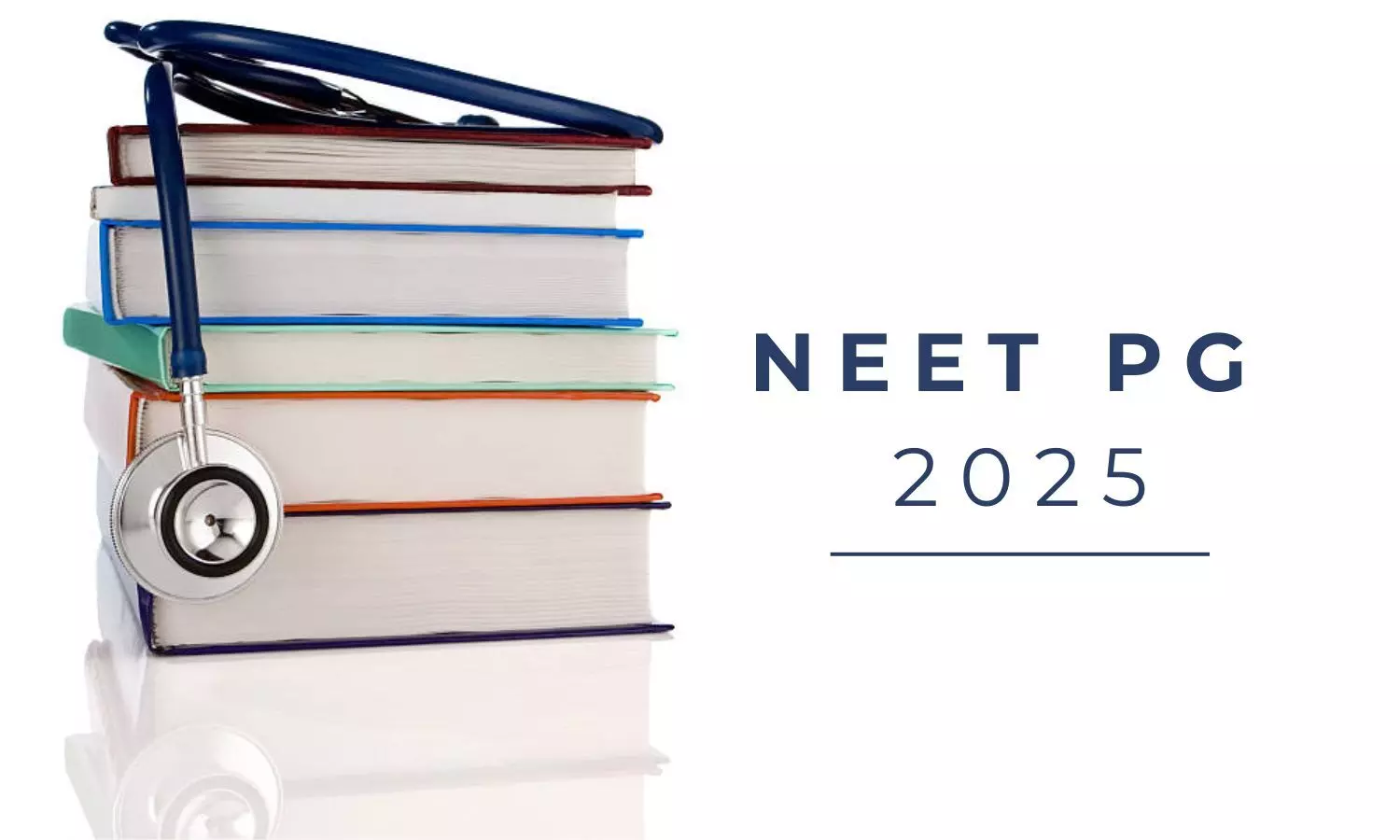
New Delhi- The National Board of Examinations in Medical Sciences (NBEMS) has opened the registration window for the National Eligibility and Entrance Test-Postgraduate (NEET PG) exam for the PG medical admissions this academic year 2025.
The information bulletin has been released on the official website of NBEMS. All the interested candidates are advised to take note of the schedule and registration instructions as mentioned below.
SCHEDULE
|
S.NO
|
PROCESSES
|
TIMELINES
|
|
1
|
Online Submission of Application Form.
|
17th April 2025 (03:00 PM Onwards) to 07th May 2025 (Till 11:55 PM).
|
|
2
|
Edit Window for All Payment Success Applications (Any information/documents can be edited except Name, Nationality, Email, Mobile number and Test City).
|
09th May 2025 to 13th May 2025
|
|
3
|
Pre-Final Selective Edit Window to rectify Deficient/Incorrect Images
-Photograph
-Signatures
-Thumb Impression.
|
17th May 2025 to 21st May 2025
|
|
4
|
Final Selective Edit Window to rectify Deficient / Incorrect Images Photograph Signatures Thumb Impression (No further opportunity shall be given).
|
24th May 2025 to 26th May 2025
|
|
5
|
Informing the Test City to the candidates.
|
02nd June 2025
|
|
6
|
Issue of Admit Cards.
|
11th June 2025
|
|
7
|
Examination Date.
|
15th June 2025
|
|
8
|
Declaration of Result
|
By 15th July 2025
|
|
9
|
Cut-off date for completion of internship towards eligibility for NEET-PG 2025.
|
31st July 2025
|
Information for Candidates
NEET-PG 2025 is the eligibility-cum-ranking examination for admission to various MD/MS/PG Diploma courses of 2025-26 admission session. Admissions to Post MBBS DNB Courses, Post MBBS Direct 6 year DrNB courses and NBEMS diploma courses are also undertaken through NEETPG.
NEET-PG 2025 will be conducted by NBEMS. The role of NBEMS is limited to the conduct of NEET-PG, declaration of the result and handing over the result to the designated counseling authority. NBEMS has no role in counseling and allotment of PG seats. Verification of documents and eligibility determination of the candidates shall be undertaken at the time of counseling/admission process by the concerned authority.
Candidate may kindly note that appearance in NEET-PG does not confer any automatic rights to secure a Post graduate MD/MS/Post Graduate Diploma seat. The selection and admission to Postgraduate seats in any medical institutions recognized for running MD/ MS/Post Graduate Diploma courses as per the National Medical Commission (NMC) Act, 2019 and the Post Graduate Medical Education Regulations, 2023 is subject to fulfilling the admission criteria, eligibility, medical fitness and such criteria as may be prescribed by the respective universities, medical institutions, the NMC, State/Central Government.
Candidates are advised to read the Information Bulletin carefully and go through the instructions regarding submission of online application form given in the information bulletin as well as on NEET-PG 2025 index page on NBEMS website before starting online submission process for NEET-PG 2025 .
Candidates are deemed to have read, agreed and accepted the Information Bulletin and the terms and conditions in the Information Bulletin for NEET-PG 2025 on completing the online submission of application form.
Candidate should ensure that all the information entered during the online submission of application form is correct and factual. Information provided by the candidates in the online application form shall be treated as correct. The responsibility of correctness of information in the application form shall be of the concerned candidate. The option of editing certain information entered in the application form shall be available to the candidates during the edit window. NBEMS will not entertain, under any circumstances, any request for change in the information provided by the candidates after closure of the edit window. Please refer Chapter on Instructions to fill Application Form for details regarding Edit Window.
NBEMS itself does not edit /modify/alter any information entered by the candidates at the time of online submission of application form under any circumstances. There is no provision of accessing the application form to make any changes in the information provided in the application form after closure of edit window. Such requests to make any changes shall not be entertained. Candidates, however, shall be able to rectify the deficiencies in their application (if so communicated by NBEMS) regarding images uploaded, by the prescribed cut-off dates.
Please refer Chapter on Instructions to Fill NEET-PG Application Form. Candidates are advised to review their applications submitted and rectify the deficiencies, if found any, within the window as detailed below. Candidates may note that deficiency in the application form pertaining to images uploaded may be communicated to them by NBEMS, however, it shall be the sole responsibility of the applicant to ensure that the application submitted is complete in all aspects as per the information bulletin. If any deficiency in the application which was not communicated by NBEMS to the applicant before conduct of the examination, is noted at any later stage, this would not create any equity in favour of the candidate and confer any rights on to the candidates for grant of eligibility for the examination.
Edit Window: Candidates who have successfully submitted their payment for the application during Application Submission window shall only be allowed to edit their applications during 09th May 2025 to 13th May 2025. No new application can be registered or payment can be made during edit window. However, the balance fee required, if any, in case of change in candidate category and/or PwD status can be paid during the edit window. Any information/document can be changed/corrected during the edit window except for Name, Test City, Nationality, Mobile Number and Email ID. Information can be edited any number of times before the closure of the edit window. The last submitted information will be saved in records.
Final Edit Window: Deficiency related to images uploaded (photograph, Signature, Thumb Impression) shall be intimated to the concerned candidates and same can be corrected during the Pre-Final Selective edit window i.e. 17th May 2025 to 21st May 2025. A list of such applicants who would fail to rectify their images in the application form shall be published on NBEMS website and a FINAL Selective Edit window will be opened from 24th May 2025 to 26th May 2025 for them to enable them to rectify the images as per image upload guidelines. Applications of such candidates who would fail to rectify their images even during this FINAL edit window shall be rejected. No further opportunity shall be given to make corrections.
Candidates are advised to submit the images in their application as per prescribed image upload guidelines. Failure to submit images as per guidelines and/or failure to rectify the images shall invite rejection of the application.
Application for NEET-PG 2025 can only be submitted online through NBEMS website.
There is no other methodology for application submission. Application submitted through any other mode shall be summarily rejected.
A candidate can submit NEET-PG 2025 application form only once. If a candidate is found to have submitted more than one application form for NEET-PG 2025, NBEMS may issue admit card to the application bearing higher order Application number (application ID) and cancel other application(s) forfeiting the fee for them. In an event any unfair practice is detected by NBEMS at any stage of examination/admission process, NBEMS may cancel the candidature of such candidates and debar them from appearing in any examinations conducted by NBEMS as per provisions of the Unfair Means Guidelines.
Candidates who fail to submit duly completed applications with requisite documents and/or fail to rectify the deficiencies in their applications by the last date prescribed for rectification shall be declared ineligible. Admit Card shall not be issued to candidates who are declared ineligible before conduct of examination. In such cases, the entire fees will be forfeited.
Applications of candidates producing false or fabricated information/records will not be considered and such candidates will be further debarred from appearing in the future examinations of NBEMS. Action as deemed appropriate by NBEMS will be taken if false or fabricated records/ information is submitted or any unfair means are used.
Candidates are advised to ensure that the information provided is factual and supported with documents. Columns marked (*) in the application form are mandatory and can not be left blank. In the event of rejection of the application form, no correspondence/request for re-consideration will be entertained.
Candidates should ensure before applying for the examination that their MBBS degree is recognized as per provisions of the NMC Act, 2019 and the Post Graduate Medical Education Regulations, 2023. If it is found at any time that MBBS degree is not recognized, the candidature / result of the candidate shall be cancelled/ deemed to be cancelled.
Candidates should go through this bulletin carefully for eligibility criteria before applying. Queries pertaining to eligibility and other issues will only be entertained if the information requested is not given in the bulletin of information or NBEMS website. No Queries of the Guardians/Parents will be entertained on telephone with regard to the eligibility and disclosure of the results.
Submission of incomplete online application form not in accordance with prescribed instructions shall invite rejection of the application. In such cases, the examination fee shall not be refunded.
Candidate found ineligible at any stage of NEET-PG 2025 Examination, will not be permitted to appear in the examination. In an unlikely event of any ineligible candidate appearing and/or passing the NEET-PG 2025 examination, the results/candidature of such candidate shall be cancelled and/or is deemed to be cancelled, even if result has been declared or score card has been issued.
NBEMS reserves the right to withdraw permission, if any, granted inadvertently to any candidate who is not eligible to appear in the NEET-PG 2025 Examinations even though the admit card/roll number has been issued or name/roll number is displayed on NBEMS website.
Fee shall neither be carried forward to a future exam nor refunded under any circumstances. Application once submitted can not be withdrawn.
Candidates’ eligibility is purely provisional & is subjected to the fulfilment of eligibility criteria as prescribed in this Information Bulletin.
Instructions in the Information Bulletin are liable to change based on decisions taken by the NBEMS / MoHFW / NMC / DGHS from time to time.
There is no equity or any rights that are / or deemed to be arising in favour of candidate. Candidates are required to refer to the latest bulletin or corrigendum that may be issued to incorporate these changes. Refer NBEMS website in for latest updates or corrigendum.
The existing schedule, pattern, policy and guidelines are for ready reference only but in no way, they are or are ought to be treated as representative or acknowledgment of fact that NBEMS is bound to follow the same in future.
NBEMS reserves its absolute right to alter, amend, modify or apply any or some of the instructions/ guidelines contained in this information bulletin.
In case of any ambiguity in interpretation of any of the instructions / terms / rules / criteria regarding the determination of eligibility/conduct of examinations / registration of candidates/information contained herein, the interpretation of the NBEMS shall be final and binding in nature. In case of any discrepancy in the information contained in English and Hindi version of the bulletin, the information mentioned in English language shall be considered final.
Request shall not be entertained for change in date/center of examination under any circumstances. Candidates are advised not to canvass for such representation.
Admit Cards for NEET-PG 2025 can be downloaded at NBEMS website from 11th June 2025 onwards. Candidates found ineligible before conduct of the examination shall not be issued admit cards.
Result of NEET-PG 2025 shall be published on NBEMS websites
NEET-PG 2025 shall be conducted by NBEMS at various exam centres engaged for the purpose. Candidates are advised to familiarise themselves with the route and location of the exam centre well in advance to avoid any last minute delay in arrival to the exam centre. Please refer Chapter on details of Test Day Procedures.
The examination test centre staff on duty is authorized to verify the identity of candidates and may take steps to verify and record the identity of candidates. Candidates are required to extend requisite cooperation.
Possession/Use of mobile phones/Electronic devices is strictly prohibited in the premises of NBEMS test Centres. Candidates shall be liable for penal action for Possession/ Use of Mobile phones/ Electronic devices. Resorting to use of any unfair practice in NEET-PG 2025 shall be dealt with as per the Unfair Mean Guidelines of NBEMS. Such candidates shall be imposed academic and/or criminal punishments as may be applicable. Please go through guidelines detailed in Chapter on use of unfair means in the examination.
Demo Test: A demo test shall be available for the benefit of candidates to familiarise themselves with the Computer Based Test format at website Candidates will be able to access the Demo test tentatively from 05th June 2025 onwards.
The candidates should communicate with NBEMS regarding matters related to NEET-PG 2025 as per prescribed Protocols only, detailed under Chapter on Communication Protocols.
Candidates are encouraged to communicate for NEET-PG 2025 through “Helpdesk” tab which can be accessed after the applicant login to its application account. The correspondence through post should be addressed to the Executive Director, National Board of Examinations in Medical Sciences, Medical Enclave, Mahatma Gandhi Marg, Ansari Nagar, New Delhi110029. Candidates are requested to superscribe the envelope with the subject matter of the correspondence for expeditious processing.
The Registration for NEET-PG 2025 at the time of Counseling to be conducted by designated counseling authority will be as per the details of candidates submitted in NBEMS NEET-PG 2025. Hence, candidates are advised to maintain their same Registration details e.g. mobile number, Email ID etc. as provided in the NBEMS NEET-PG 2025 application form.
The jurisdiction for court cases/disputes shall be at New Delhi only.
Instructions to Fill Online NEET-PG 2025 Application Form
New User Registration: All candidates desirous of applying for NEET-PG 2025 shall be required to create an online profile of themselves to generate a UserID and Password.
Applicant Login: This User ID and Password so created will allow the candidate to login as an applicant for NEET-PG 2025 session and register an online application. The “Go to Application” link will allow the applicant to continue with the application submission immediately after user creation.
If the Login password is lost, it can be retrieved by clicking “Forgot Your Password”.
Name of Candidate: Please mention your full name as in Primary Medical Qualification Certificate. Name as entered by the candidate while creating his/her User ID shall be reflected in a non-editable format in his/her examination application form. No change in the name shall be permissible under any circumstances after submission of an application. The candidate shall be required to produce his/her Govt issued ID proof bearing same name at the test centre on the test day to seek entry. It is strongly advised not to submit an application with an error in the candidate’s name as it shall not be allowed to be edited after application submission. If the user has entered his/her name wrongly while registering the user, please create another user with correct name.
Gender and Date of Birth: Indicate your gender and Day, Month & Year of your birth. Please enter the correct date of birth carefully while registering the user.
Nationality: Please choose your nationality amongst the options given: Indian, Non-Resident Indian (NRI), Overseas Citizen of India (OCI) and Non OCI Foreign Nationals. Indian Citizens who are not NRI should choose Indian. An Indian Citizen should choose Non-Resident Indian, if he/she is an NRI. If you are a Foreign National but also an Overseas Citizen of India (OCI), please choose OCI. Foreign Nationals who are not an OCI should choose Non OCI Foreign National.
Email ID: Email ID chosen by the candidate shall be verified through a system generated OTP for user creation. Same email ID can not be used for registration of any other user concurrently. Please note that all email correspondence with the candidate shall be done at this email ID only. Email chosen by the candidate shall be the primary means to communicate with the candidate for examination purposes. Information related to examinations shall be sent at this email ID. Candidates shall also be able to communicate with NBEMS through this registered email only. Correspondence received from any other email ID of the candidate shall not be entertained. Therefore, candidates are advised to choose the email ID carefully. Candidates are required to use same Email ID for counseling Registration Form of designated counseling authority as used in NBEMS NEET-PG 2025 Application Form.
Mobile No. : Please provide a unique mobile number for receiving Examinations related communications sent through SMS. Mobile number chosen by the candidate shall NOT be the primary means to communicate with the candidate for examination purposes. Same Mobile No. as used for NBEMS NEET-PG 2025 Registration will be used at the time of Registration for Counseling.
The User ID / Application ID and password so generated shall be sent to the registered email ID of the candidate for future records.
The index page of NEET-PG 2025 at NBEMS website provides a quick link, “Already Registered? To login”. The online application form for NEET-PG 2025 can be accessed through this quick link after successful creation of User ID.
The candidate can login using his/her User ID and Password.
The application submission process can be completed either in a single sitting or in multiple sittings, as per the candidate’s choice, during the application submission window. However, once an application is successfully completed & submitted, it shall be available for editing certain field only during the “edit window”.
Candidates are advised not to complete & submit their online application in a haste so as to avoid any errors in providing information. Request for making any changes in date of birth, name, category, nationality or any other information provided in the application shall be summarily rejected. NBEMS does not edit/modify/change any information provided by the candidates in their applications of its own. Candidates has the option to make corrections in any information except name, nationality, test city, mobile number and email ID during the edit window.
The candidate shall be required to provide information as asked under various heads. It is strongly recommended to keep the required information handy before start filing the application. Please read the User Manual available at the index page of NEET-PG 2025 for step wise details asked in the application form.
Upload of Prescribed Images (Photograph, Scanned Signatures and Thumb Impression): Please refer Image Upload Instructions available at NBEMS website and at the end of this information bulletin for details of specifications for uploading photograph, signatures and thumb impression. Images which are not as per prescribed specification shall not be considered and may lead to rejection of the application. Please ensure that uploaded photograph is a RECENT photograph and in any case should have not been taken more than 3 months before the date of application submission. Uploading a photograph which is not a recent one or which is not as per prescribed image upload guidelines as detailed in this information bulletin and/or failure to rectify the same in the final edit window shall invite rejection of the application.
The test city can be selected from available choices on first come first serve basis. While the city will be chosen by the candidate himself / herself at the time of online submission of application form, allotment of test centre / venue in the chosen city shall be done by NBEMS.
After selection of test city, the candidate shall be required to pay the prescribed examination fee online. The fee can not be paid through any mode other than the payment gateway available in online application form.
Candidates shall be prompted to preview the entire application before submission in order to make any corrections, if so required. They shall be required to submit the application after agreeing to the “declaration”. This shall complete the entire process of application submission.
Acknowledgement of Application Submission: An acknowledgement email shall be sent to the registered email ID confirming submission of an application by the candidate. Submission of application shall be completed only after successful payment of examination fee. Candidate should confirm the status of payment in the application form PDF where ’S’ would stand for “Successful” and “F” would stand for “Failed”.
Edit Window: Candidates who have successfully submitted their payment for the application during Application Submission window shall only be allowed to edit their applications during 09th May 2025 to 13th May 2025. No new application can be registered or payment can be made during edit window. However, the balance fee required, if any, in case of change in candidate category and/or PwD status can be paid during the edit window. Any information/document can be changed/corrected during the edit window except for Name, Test City, Nationality, Mobile Number and Email ID. Information can be edited any number of times before the closure of the window. The last submitted information will be saved in records.
All editable fields in the application form shall be open for the candidate to make any corrections, if so required. Details of field which can not be edited are mentioned below. Information entered in the application form can be changed during the “Edit Window”. However, following fields in the application form shall remain non-editable:
• Name of the Candidate
• Email ID
• Mobile number
• Nationality
• Test City
No editing in information provided shall be permissible in the application form, once edit window is over.
NBEMS disclaims any liability that may arise due to incorrect information provided by the candidate during online application form submission.
Subsequent to closure of edit window, deficiency, if any related to images uploaded, in the application form shall be communicated to concerned candidates:
Final Edit Window: Deficiency related to images uploaded (photograph, Signature, Thumb Impression) shall be intimated to the concerned candidates and same can be corrected during the Prefinal edit window i.e. 17th May 2025 to 21st May 2025. A list of such applicants who would fail to rectify their images in the application form shall be published on NBEMS website and a FINAL Edit window will be opened from 24th May 2025 to 26th May 2025 for them to enable them to rectify the images as per image upload guidelines. Applications of such candidates who would fail to rectify their images even during this FINAL edit window shall be rejected. No further opportunity shall be given to make corrections. Candidates are advised to submit the images in their application as per prescribed image upload guidelines. Failure to submit images as per guidelines and/or failure to rectify the images shall invite rejection of the application.
If a candidate updates his/her category or PWD status during the edit window which requires him/her to make any payment of the difference in Examination Fee to NBEMS, that difference of examination fee needs to be deposited online during the edit window itself.
NBEMS does not edit /modify/alter any information entered by the candidates at the time of online submission of application form under any circumstances.
Any requests for change in category, Date of Birth, PWD status etc by NBEMS shall not be entertained. Candidates are advised to carefully enter the information in the application form. The Category/PwD status filled by the candidates while applying for NEET-PG 2025 will not be changed by Medical Counseling Committee (MCC) of DGHS, Govt of India at the time of counseling. The details of the candidates will be pre-populated in Counseling Registration Form as provided by them while filling up the NBEMS Application form for NEET-PG 2025. Any representation in this regard will not be entertained by MCC.
Candidates who fail to submit duly completed applications with requisite documents and/or fail to rectify the deficiencies in their applications by the last date prescribed for rectification shall be declared ineligible. Admit Card shall not be issued to candidates who are declared ineligible. In such cases, the entire fees will be forfeited.
SUMMARY OF STEPS IN ONLINE APPLICATION FORM SUBMISSION
The following sequence shall be observed while filing the online application form:
Fill the user registration form to generate User ID / Application ID and Password.
User ID and Password will be sent through SMS and Email.
Complete the application form and upload your Photograph, Scanned signature, Thumb impression & Prescribed documents.
Choose your Test City and pay Examination Fee
Agree to the declaration and Submit Application
Take a print out of the filled Application form with Transaction ID printed on it and payment status mentioned as “S” (Successful) for records.



